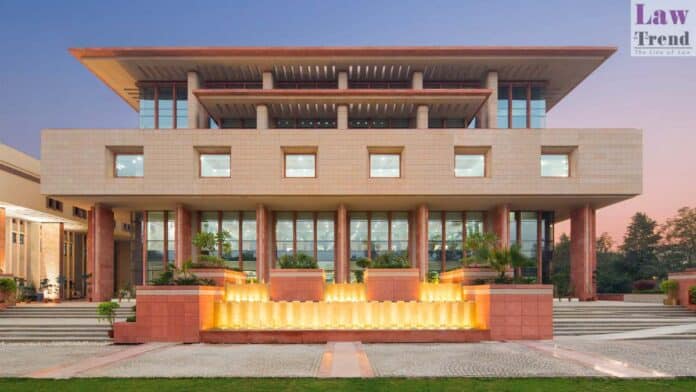The Delhi High Court on Wednesday dismissed a public interest litigation (PIL) seeking the repeal of certain provisions of the Bhartiya Nyay Sanhita (BNS), asserting that the judiciary has no jurisdiction to direct Parliament to enact or repeal laws.
A division bench comprising Chief Justice D.K. Upadhyaya and Justice Anish Dayal ruled that such legislative actions lie solely within the domain of Parliament. “Abolition is only permissible by enacting an amendment act. It is an act of Parliament. We cannot direct the Parliament to do so. It will amount to legislating. It is not under our realm,” the bench observed.
The petition, filed by Upendranath Dalai, challenged the continued existence of Sections 147 to 158 and 189 to 197 of the BNS. According to the petitioner, these provisions pertain to offences against the State and public tranquillity—laws originally enacted during the British colonial rule to suppress Indian citizens. The plea argued that their continued enforcement violates fundamental rights guaranteed under the Constitution.
Specifically, the petitioner alleged that Section 189 of the BNS, which deals with unlawful assembly, has often been misused by governments with the help of law enforcement agencies to curb dissent.
The court, however, declined to entertain the PIL, reiterating that it cannot assume the role of the legislature.




